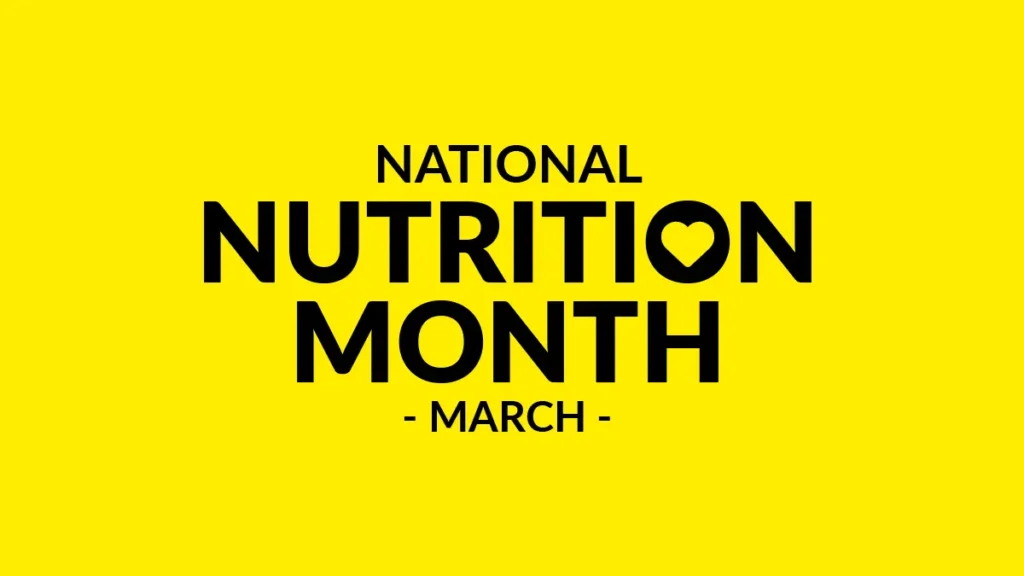Nutrition essentials for beginners & midlife runners
For those taking their first strides into the world of running, nutrition serves as a foundation for success. Beginner runners often need support in building endurance, preventing injuries and fuelling their newfound passion for running.
Simple and energising smoothie recipe
Ingredients
1 ripe banana
1/2 cup frozen mixed berries
1/2 cup spinach leaves
1/2 cup Greek yogurt
1/2 cup almond milk
1 tablespoon honey (optional)
Instructions
1. Combine all ingredients in a blender
2. Blend until smooth and creamy
3. Pour into a glass and enjoy this refreshing smoothie as a pre-run fuel for beginners
Nutrition for runners over fifty
As runners reach their mid-fifties and beyond, nutrition becomes even more critical in supporting overall health and performance. Older runners may need to pay closer attention to nutrient intake to maintain muscle mass, bone density and joint health.
Salmon and avocado salad
Ingredients
4 ounces grilled salmon fillet
1/2 avocado, sliced
2 cups mixed greens
1/4 cup cherry tomatoes, halved
1/4 cup cucumber slices
1 tablespoon toasted pumpkin seeds
Juice of 1 lemon
1 tablespoon olive oil
Salt and pepper to taste
Instructions
1. In a bowl, combine mixed greens, cherry tomatoes, cucumber slices and toasted pumpkin seeds
2. Top with grilled salmon and avocado slices
3. Drizzle lemon juice and olive oil over the salad
4. Season with salt and pepper, then toss gently to combine
5. Enjoy!
Nutrition tips for different distances
No matter the age or experience level, runners can benefit from tailored nutrition strategies for specific distances.
5K: Focus on simple carbohydrates for quick energy, such as a banana with peanut butter or whole grain toast with honey.
10K: Incorporate a balance of carbohydrates and proteins, like a turkey and cheese sandwich on whole wheat bread or yogurt with granola and fruit.
Half Marathon: Prioritise complex carbohydrates for sustained energy, such as oatmeal with nuts and berries or whole grain pasta with lean protein and vegetables.
Full Marathon: Fuel with a combination of carbohydrates, proteins and healthy fats, like a quinoa salad with grilled chicken or a sweet potato and chickpea Buddha bowl.
Conclusion:
Nutrition know-how for every runner
Whether you’re just starting out on your running journey or in your mid-fifties and beyond, proper nutrition is key to supporting your goals and enjoying the rewards of running. By fuelling your body with wholesome ingredients tailored to your needs, you can enhance your performance, promote recovery and stay healthy for miles to come.
Now you know how to fuel your body correctly, learn how to Run smart and stay fit
PR Sponsor – NutritionX



